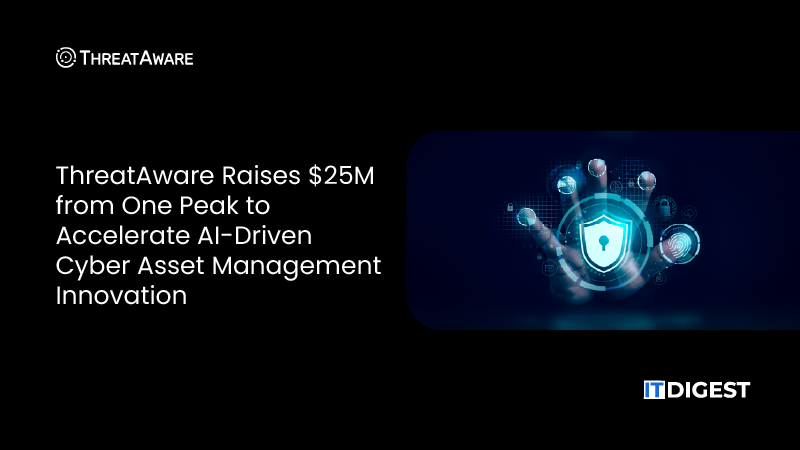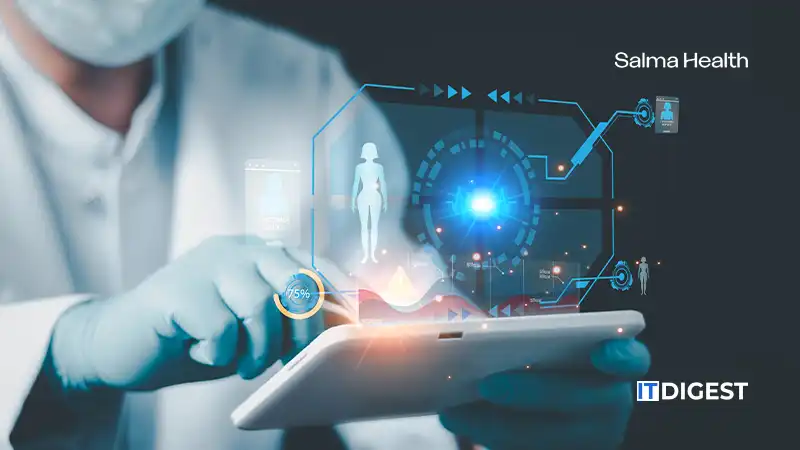BostonGene, a leading provider of AI-driven molecular and immune profiling solutions, announced that two abstracts have been accepted for the 22nd Annual Meeting of the Japanese Society of Digital Pathology in 2024, scheduled to take place August 29 – 31, 2024, at Meio University in Nago, Japan.
At the meeting, Jochen “Joe” Lennerz, MD, PhD, Chief Scientific Officer at BostonGene will deliver a talk titled “Regulatory Horizons: Shaping the Future of Digital Pathology and AI” on Thursday, August 29 at 3:00 PM.
The talk will delve into the integration of AI, molecular diagnostics and advanced data services, highlighting how these innovations are shaping the diagnostic technology landscape. Joe Lennerz will use the example of ‘AI-powered multiomics platforms’ to illustrate, the complexities of modern diagnostics and how to navigate these challenges using regulatory tools and approaches. Key aspects will include the solutions’ ability to ensure interoperability, conduct safety and effectiveness analyses and enhance diagnostic quality management. Leveraging multiomics holds the promise of driving improvements in patient care and maintaining relevance in the evolving landscape of value-based healthcare.
Also Read: Momentum & Cube Biotech Announce Strategic Partnership
Details about the abstracts selected for presentation can be found below:
Capturing Tumor Microenvironment Heterogeneity with an AI-Powered Clinical Multiplex Immunofluorescence Pipeline
- Date: Friday, August 30
- Speaker: Joe Lennerz, MD, PhD, Chief Scientific Officer, BostonGene
The study introduces an AI-powered multiplex immunofluorescence pipeline to assess tissue heterogeneity within the tumor microenvironment, crucial for understanding immunotherapy responses. Utilizing advanced cell segmentation and typing techniques, the method outperforms traditional imaging and other segmentation models, achieving high accuracy. The pipeline successfully identifies cell subpopulations and their interactions, demonstrating consistent detection of malignant epithelial and immune cells across various cancer types. This innovative approach, validated against manual annotations, is poised to enhance clinical studies and biomarker development in oncology.
SOURCE: GlobeNewswire

































